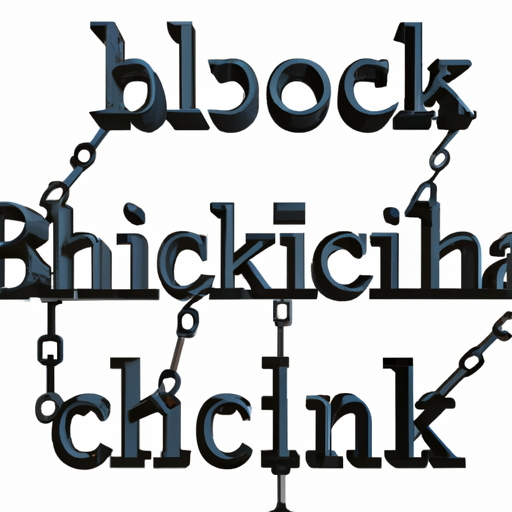Blockchain technology has emerged as one of the most significant innovations of the digital age. It is a decentralized digital ledger that records transactions across multiple computers, ensuring that the recorded data cannot be altered retroactively. This feature not only enhances security but also promotes transparency in various industries.
What is Blockchain?
At its core, blockchain is a collection of records (or blocks) that are linked together in a chain and secured using cryptographic techniques. Each block contains a number of transactions, and every time a new transaction occurs, a record of that transaction is added to every participant’s ledger. This distributed ledger technology (DLT) ensures that everyone has access to the same information, reducing the risk of fraud and data tampering.
Benefits of Blockchain Technology
- Enhanced Security: Data is encrypted and distributed, making it incredibly difficult for hackers to alter information.
- Transparency: All transactions are recorded on the blockchain and can be viewed by all participants, providing a level of transparency that isn’t possible with traditional databases.
- Decentralization: Unlike traditional databases, there is no central authority controlling the blockchain, which reduces the risk of a single point of failure.
- Reduced Costs: By automating processes and eliminating intermediaries, blockchain can significantly reduce transaction costs.
Applications of Blockchain Technology
Blockchain technology is being utilized in various sectors, leading to massive changes in how we operate:
- Cryptocurrency: The most well-known application of blockchain, where digital currencies like Bitcoin operate on this technology.
- Smart Contracts: Self-executing contracts with terms directly written into code, enabling automatic execution and settlements.
- Supply Chain Management: Companies can track the movement of goods in real-time, ensuring better transparency and accountability.
- Healthcare: Secure sharing of patient data among healthcare providers, enhancing trust and collaboration.
- Voting Systems: Blockchain can provide a transparent and tamper-proof voting mechanism, increasing voter trust.
Challenges Facing Blockchain Technology
Despite its numerous advantages, blockchain technology also faces several challenges:
- Scalability: As more users join the network, the system may face performance issues.
- Regulatory Concerns: The legal status of blockchain and cryptocurrencies varies by country, causing potential compliance issues.
- Energy Consumption: Some blockchain networks consume significant amounts of energy, raising environmental concerns.
The Future of Blockchain
As we move forward, the integration of blockchain technology into various industries is expected to accelerate. Businesses are increasingly recognizing the need for a secure, efficient, and transparent system. With advancements in blockchain scalability, and regulatory frameworks, we can anticipate a future where blockchain becomes a standard part of our digital infrastructure.
Conclusion
Blockchain is more than just the technology behind cryptocurrency; it is a revolutionary tool that has the potential to change the way we conduct transactions across numerous sectors. By embracing blockchain technology, we can build a more secure, transparent, and efficient world.
Call to Action: Interested in learning more about how blockchain can benefit your business? Contact us today!




